“Is there no balm in Gilead? Is there no physician (no healer) there? (If so,) why then is there no healing for the wounds of my people?” Jeremiah 8:22.
Suffering has always been a part of life. Jeremiah, a prophetic voice seven centuries before Jesus, was not only anguished by the suffering he witnessed, but was challenging his people to be channels of comfort and healing. Micah, another prophet who lived about 100 years before Jeremiah, also challenged the people of his time to demonstrate their love for God by becoming channels of compassion and justice. Jesus, as the prophesized Messiah, then challenged the people of his day—and us today—to care for suffering people.
I work in health care, and as you would expect, suffering is evident in patients’ rooms and visitors’ waiting areas, but also in doctors’ lounges and nurses’ stations, in laundry rooms and in hospital board rooms. We can see suffering eyes in grocery check-out lines, at the gym, at the post office, and even in the pew next to us at Mass. As in the days of Micah, Jeremiah and Jesus, there is much suffering in our world. We might be tempted in futility to look away from suffering and think “what can one person actually do that will make a difference?”
Pope Francis has laid out a vision for the 21st century church, that we should be a “field hospital for hurting people.” A field hospital—such as was depicted in the famous Koren War TV sitcom M.A.S.H.—can be messy and troubling. Realistically, Pope Francis’ vision of a field hospital acknowledges that the church is not a place of perfect people, but most authentically should be a place where wounded and hurting people are welcomed and patiently treated with the soothing balms of Christian love and hopefulness.
News accounts of human suffering are regularly before our eyes: violence and poverty, destructive hurricanes and tornadoes, forest fires and floods, human trafficking and addictions, political and social oppression, diseases, disappointments and loneliness. Just as Jeremiah, Micah and Jesus summoned their people into action, our Christian baptism asks each of us to extend the healing ministry of Jesus in our time. But the sheer magnitude of suffering in our world can leave us with “suffering-fatigue” or “compassion-fatigue,” and may desensitize us to the woundedness. When we fail “to see” suffering, we miss every-day opportunities to make small (or large) differences in the lives of others. With so much suffering, you might ask, “Where do we start?”
The Holy Spirit gives each of us a constellation of unique resources that enable us to be channels of God’s goodness. As followers of Jesus, we are challenged to fight “suffering-fatigue,” and to look for ways we can offer comfort and healing to others. Through the example of Jesus, we can learn to compassionately interact with others, to offer them our full attention, to listen to their stories of struggle and suffering, and to respond to them with acceptance, mercy and love.
At a very minimum, never discount the value of Christian listening. Ask someone to describe a time when they have felt truly “heard” and you will hear remarkable stories of merciful listening. Listening is a foundational characteristic of Christian discipleship. It imparts deep worth. It says, “you matter.” But, when Christians fail to notice and listen to a hurting soul, we not only diminish the other, we also fail to see the eyes of Jesus standing right in front of us, coaxing us to learn new spiritual lessons and grow in holiness.
As mentioned earlier, we each have unique spiritual gifts. These gifts or “charisms” have been given to us specifically to give away, to help heal the woundedness of others. When used, these special spiritual gifts give us energy and a sense of purpose. Later this year groups will be forming in our diocese to help us discern our charisms. Contact your parish’s faith formation leader or your priest to learn about these opportunities.
In the meantime, there are things we can do to help people who may be hurting. We can pause our 21st century propensity for impatience and busyness and notice those around us who may be struggling or suffering. We can courageously choose to gaze into their suffering eyes. We can offer deep respect and communicate their innate dignity by patiently listening to their stories. And, we can use whatever gifts and resources God has given to us to provide comfort and healing.
All baptized Christians should be channels of this hope and healing. All that is needed is for us to take notice, and to compassionately act. Starting tomorrow, join me in courageously looking for the suffering among us, and then to act as a healing balm by offering to them our Christian acceptance, mercy and hopefulness.
As we go about our day, let’s ask ourselves:
Who needs a genuine smile today?
Who needs a merciful listener?
Who might be starving for words of encouragement?
Who needs an advocate?
Who could use a cup of coffee or a simple meal to reduce loneliness or physical hunger?
Think what could happen if each Christian chose to extend the healing ministry of Jesus in this way. It could be exponential healing!
This article first appeared in The Message, a publication of the Diocese of Evansville, in Evansville, IN. Rachel Forbes Kaufman is a member of the Coalition for Physician Well-Being, and is an officer of the SW Indiana Guild of the Catholic Medical Association. For more information about Kaufman and her ministry, visit www.forbeswellbeingadvisors.org. You are welcome to call or text her at 812.459.1058, or email her at rachel.forbes.kaufman@gmail.com.

